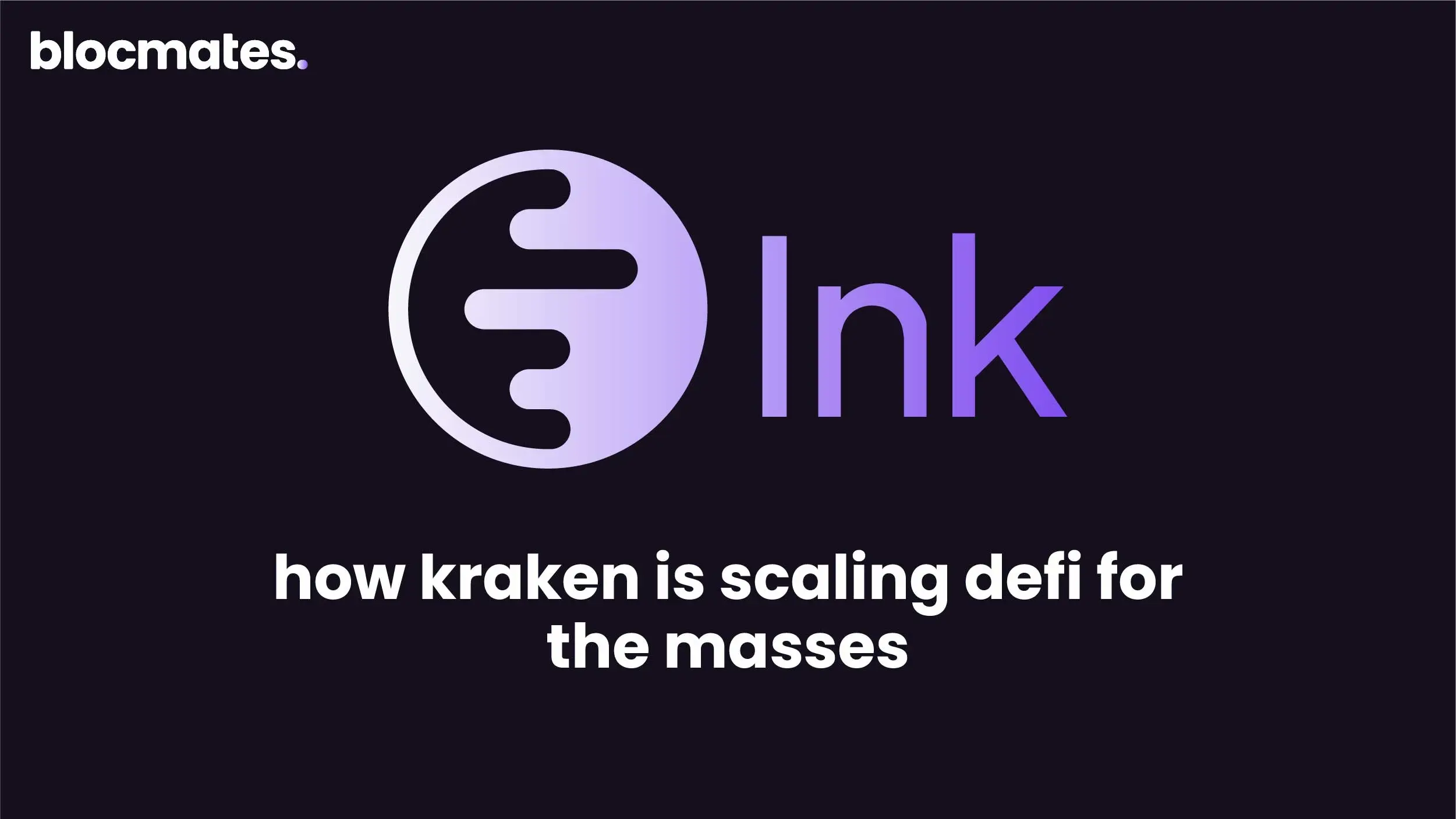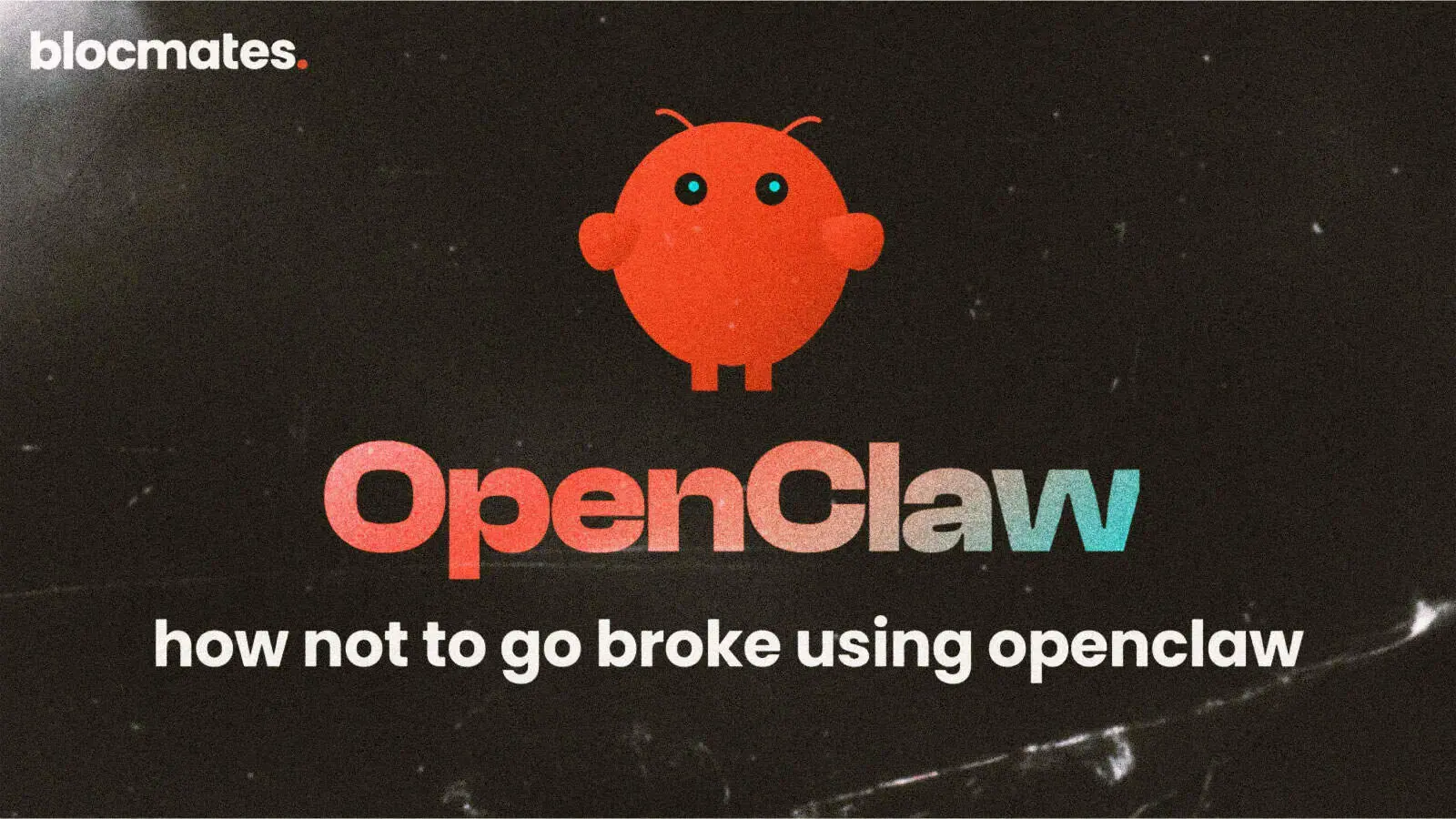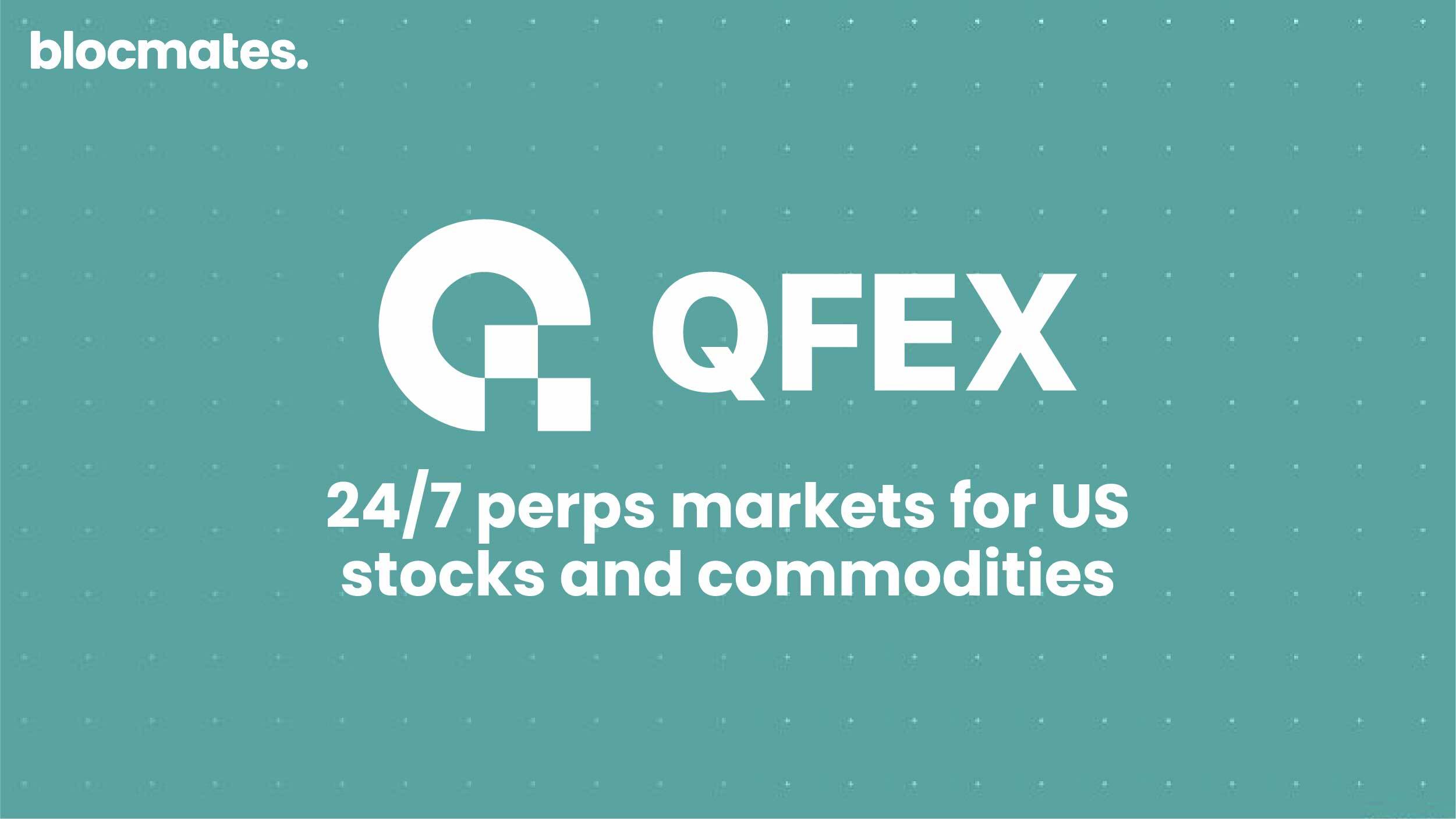Thailand's government will roll out a new digital investment token, G-Token, targeting small investors with higher returns than bank deposits.
Background
- Thailand’s Ministry of Finance plans to issue 5 billion baht (approximately $150 million) worth of a new digital investment token dubbed “G-Token” within the next two months, Bloomberg reported Tuesday.
- Finance Minister Pichai Chunhavajira said the initiative, approved by the Thai cabinet, will allow the government to raise funds under the country’s current budget borrowing framework, without issuing traditional debt instruments.
- G-Token will not function as a cryptocurrency or a stablecoin, but as a tradable investment product on regulated Thai digital asset exchanges.
- Investors can begin participating with as little as 100 baht (~$2.75), opening access to a broader base of retail investors often excluded from bond markets.
- The token is designed to provide returns higher than those offered by current Thai bank deposit rates, which range from 1.25% to 1.5%, below the central bank's benchmark rate of 1.75%.
Why should you pay attention?
- G-Token marks Thailand’s first government-issued investment-grade digital asset, signaling a new avenue for crypto integration in public finance.
- This move could serve as a test case for other countries considering tokenized public fundraising mechanisms.
- The government’s endorsement of blockchain-enabled financial tools highlights growing regional support for digital asset adoption, potentially reshaping traditional investment frameworks.
Who said what?
- Pichai Chunhavajira, Thailand’s finance minister:
“Investors can invest with a small amount of cash for the new tokens. Investors will earn higher return than banks’ deposits.”
- Patchara Anuntasilpa, director-general of the Public Debt Management Office:
“The G-Token will be used to raise funds from the public under the current budget borrowing plan, although it isn’t a debt instrument.”
- Former Prime Minister Thaksin Shinawatra, in January:
Urged the government to consider issuing stablecoins backed by government bonds.
Zooming out
- Thailand joins a growing list of Asian nations exploring government-led digital asset initiatives. The country’s pivot comes amid a global wave of interest in tokenized financial products.
- The pilot G-Token program aims to gauge market readiness and potentially expand if investor appetite proves strong.
- In January, Thailand was also reported to be considering allowing Bitcoin ETFs on local exchanges, indicating a broader crypto-friendly policy shift.
- With government support, blockchain technology may play a growing role in Thailand’s capital markets and retail investment ecosystem.


































.webp)

.webp)
.webp)

%20(1).webp)



























































%202.webp)


.webp)

.webp)
.webp)
.webp)


.webp)
.webp)

.webp)
.webp)
.webp)


.webp)
.webp)










.webp)


.webp)









.webp)







.webp)




.webp)


























.webp)







.webp)















.webp)

.webp)
.webp)

.webp)














.webp)

.webp)


.webp)








.webp)




